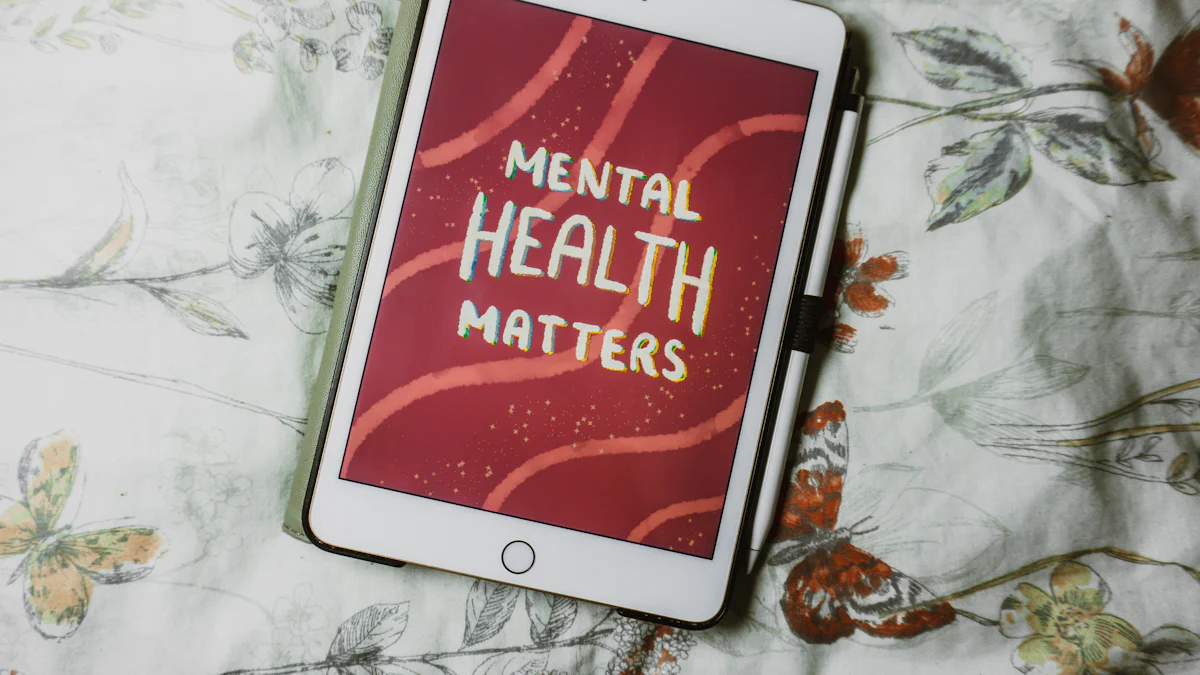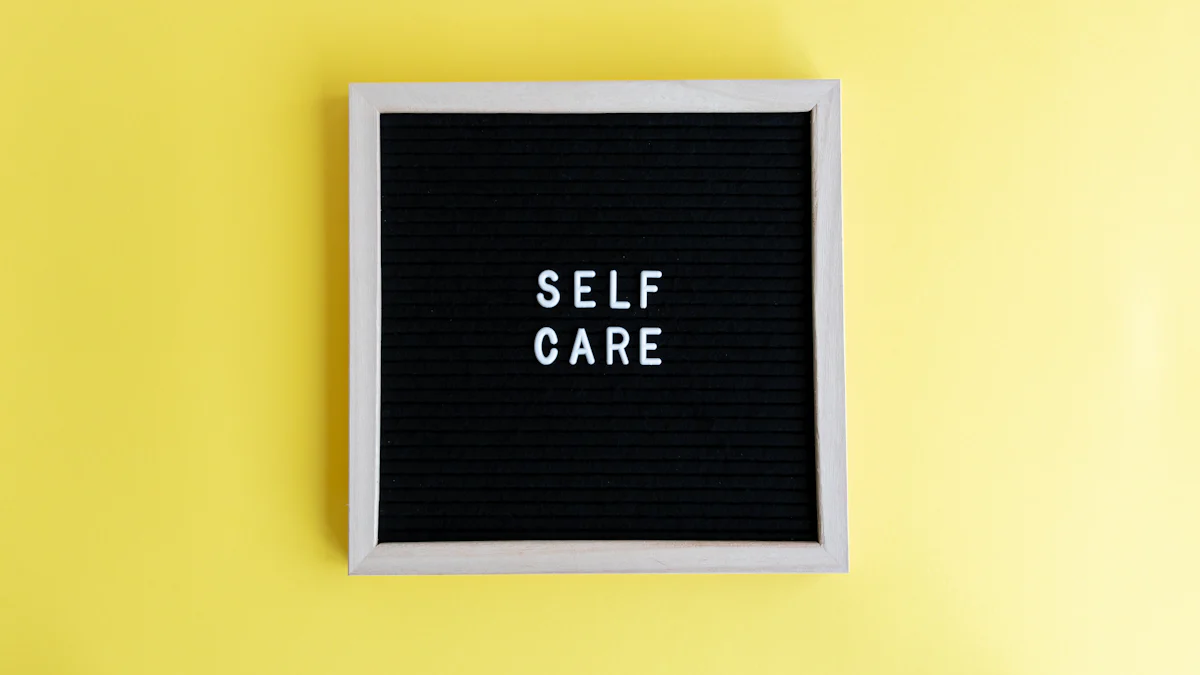Empower your partner by providing Helping Your Spouse Who Has Anxiety or Panic Attacks crucial support when dealing with anxiety. Focus on practical strategies and understanding to navigate this journey together. The goal is to strengthen both partners in the relationship, fostering a supportive environment for growth and healing.
Understanding Anxiety
Anxiety is a common mental health condition that affects many individuals. Common symptoms of anxiety include restlessness, excessive worry, and difficulty concentrating. These symptoms can have a significant Impact on daily life, making it challenging to focus on tasks or engage in social activities.
There are various Types of Anxiety Disorders that individuals may experience. Generalized Anxiety Disorder involves persistent and excessive worry about everyday things. Panic Disorder is characterized by sudden and repeated episodes of intense fear that trigger severe physical reactions when there is no real danger. On the other hand, Social Anxiety Disorder causes overwhelming self-consciousness in social situations.
The Johns Hopkins Anxiety Disorders Program offers comprehensive support for individuals struggling with anxiety disorders. This program provides an Overview of the program, including therapy options and coping mechanisms tailored to each individual’s needs. It emphasizes the Importance of professional resources, encouraging individuals to seek help from qualified professionals to manage their anxiety effectively.
When dealing with anxiety, it is crucial to educate yourself about the various types of anxiety disorders and their symptoms. By understanding these conditions better, you can provide valuable support to your partner as they navigate their anxiety journey.
Practical Support Strategies

Helping Your Spouse Who Has Anxiety or Panic Attacks
When Helping Your Spouse Who Has Anxiety or Panic Attacks, it is essential to be vigilant in recognizing symptoms early on. Look for signs like increased heart rate, rapid breathing, and feelings of intense fear. These indicators can help you provide timely support to your partner during moments of distress.
During a panic attack, taking Immediate actions is crucial to help your spouse regain a sense of calm. Guide them through deep breathing exercises, create a safe space by removing any triggers, and offer reassuring words to alleviate their anxiety.
Daily Support Techniques
Supporting your partner’s well-being involves encouraging healthy habits that promote mental and physical wellness. Encourage regular exercise, balanced nutrition, and sufficient rest to help manage stress levels effectively. By fostering these habits, you contribute to a positive environment for coping with anxiety.
Creating a Calm environment at home plays a significant role in supporting your spouse’s emotional stability. Ensure the space is clutter-free, incorporate soothing elements like soft lighting or calming scents, and establish routines that promote relaxation. A serene environment can aid in reducing anxiety triggers and promoting overall peace of mind.
Avoiding Enabling Behavior
To provide effective support while avoiding enabling behavior, it is crucial to establish clear Boundaries with your partner. Communicate openly about what assistance is beneficial and where they need to navigate challenges independently. Setting boundaries fosters personal growth and self-reliance in managing anxiety.
Encouraging Independence within the relationship empowers your partner to develop coping mechanisms and resilience against anxiety triggers. By promoting self-sufficiency, you cultivate a sense of strength and autonomy in facing challenges related to anxiety together.
Seeking Professional Help
Seeking Treatment for anxiety is a crucial step towards managing the condition effectively. Therapy offers a safe space to explore and address anxious thoughts and behaviors. Through therapeutic interventions, individuals can develop coping strategies and resilience to navigate daily challenges.
When considering Medication as part of the treatment plan, consulting a healthcare provider is essential. Medications prescribed for anxiety aim to regulate brain chemistry and alleviate symptoms. It’s important to follow the prescribed dosage and attend regular check-ups to monitor progress and adjust treatment if necessary.
Finding the right help begins with exploring reputable resources like the Hopkins Anxiety Disorders Program. This program provides specialized care tailored to individual needs, offering a comprehensive approach to managing anxiety disorders. By engaging with this program, individuals can access evidence-based treatments and support from experienced professionals.
To complement individual therapy, seeking support from a qualified professional is vital. Finding a Doctor who specializes in anxiety disorders ensures personalized care and effective treatment strategies. A doctor can conduct assessments, provide accurate diagnoses, and recommend appropriate interventions based on individual needs.
Engaging in Couples Therapy can benefit both partners in the relationship. This form of therapy focuses on improving communication, resolving conflicts, and strengthening emotional bonds. By participating in couples therapy sessions, partners can learn effective ways to support each other through challenging times, including managing anxiety.
The benefits of couples therapy extend beyond addressing immediate concerns; it fosters long-term relationship growth by enhancing understanding and empathy between partners. Strengthening the relationship through therapy creates a supportive environment where both individuals feel heard, valued, and empowered to face life’s challenges together.
Building a Supportive Relationship

Effective Communication
Effective communication is the cornerstone of a strong and supportive relationship. By practicing active listening, you demonstrate genuine interest in your partner’s thoughts and emotions. Listening attentively allows your loved one to feel heard and valued, fostering a deeper connection between both individuals.
Expressing feelings openly and honestly is essential for building trust and understanding in a relationship. Share your emotions with clarity and empathy, creating an environment where both partners can express themselves without fear of judgment. By communicating openly, you strengthen the emotional bond and create space for vulnerability and growth.
Practicing Patience and Forgiveness
Patience is a virtue that plays a vital role in supporting a partner through their anxiety journey. Understand that setbacks are a natural part of the healing process, and offer forgiveness with compassion. Embrace challenges as opportunities for growth, learning from each experience to strengthen your bond as a couple.
Celebrating progress, no matter how small, is crucial in acknowledging the efforts put forth by your partner. Recognize achievements with positivity and encouragement, reinforcing their resilience and determination to overcome obstacles. By celebrating milestones together, you cultivate a sense of unity and shared accomplishment within the relationship.
Additional Support
Exploring community resources can provide valuable assistance in navigating the complexities of anxiety disorders. Local support groups or online forums offer platforms for individuals to connect with others facing similar challenges. These resources create a sense of belonging and solidarity, reminding your partner that they are not alone in their struggles.
Engaging in support groups allows individuals to share experiences, gain insights, and access additional coping strategies for managing anxiety effectively. Encourage your partner to participate in these communities to expand their support network and find solace in connecting with others who understand their journey.







